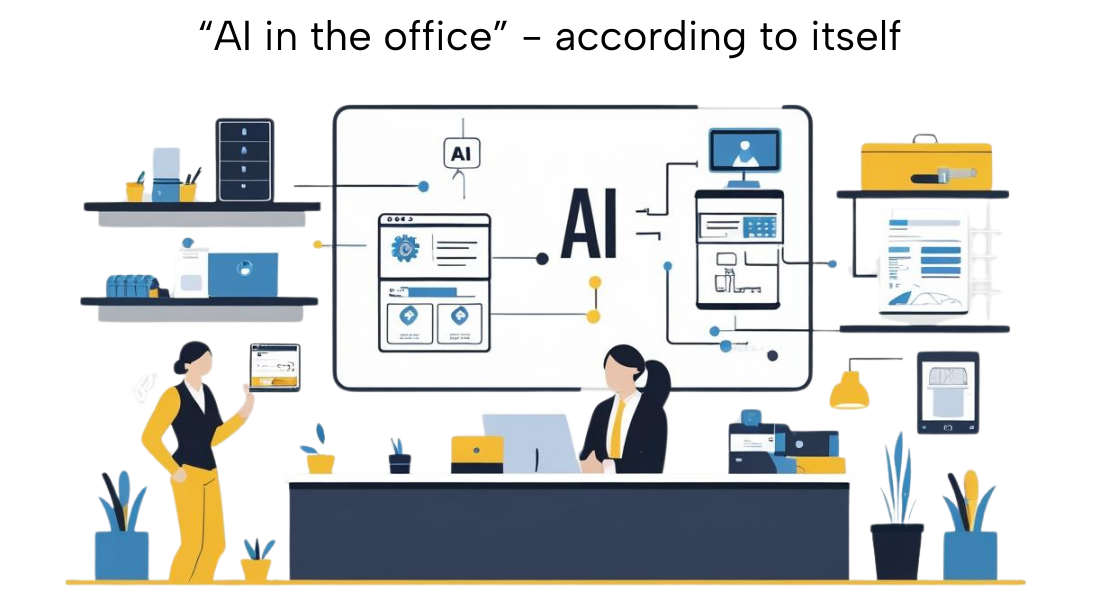5 pieces of advice for a successful media interview
By Gus Williams
Media interviews provide a fantastic opportunity for company spokespeople – whether that’s a CEO or a product specialist – to raise awareness of their brand, share key messages with their target audience and establish themselves as an authority in the industry.
However, giving an effective interview is easier said than done. If you are appearing “live”, on a panel or a podcast, for example, you will be under pressure not to make any gaffes. If you are having a leisurely face to face meeting over lunch, you have more time to make your points but also longer to drift off course.
In reality, though, the majority of media interviews in almost every sector take place via a phone or video call. With this in mind we have drawn up five pieces of advice to help ensure that any encounter with a journalist is both engaging and informative.
1. Prepare for the subject, not the questions
Interviews rarely pan out exactly as we hope and the conversation can go in unexpected directions. To answer questions thoroughly, make sure you are completely confident of the subject matter around the messages you want to convey. Being able to follow the natural flow of the conversation while delivering your key points is the key to a successful interview.
Tip: Don’t try to anticipate every question that could be asked. Pick two or three strong ideas that you want to get across. Keep these in mind throughout your conversation, even if the discussion begins to drift away.
2. Concrete examples
Anecdotes, standout numbers and relevant case studies are a great way to make your messages memorable. Provide something that the interviewer – and his or her readers, viewers or listeners – can grasp easily and connect to emotionally. As an example, a guest in one of our recent interviews compared marketing to whipping cream, and how tirelessly whipping doesn’t feel like progress, but you persevere until suddenly the cream thickens – and the effort pays off. Analogies like this will greatly increase the chances of your message sticking in the mind of your audience and even being passed on to others.
Tip: Use tangible examples to help your audience understand your point – particularly for complex technical matters.
3. Introductions
The way you introduce yourself can be pivotal to the whole course of an interview. Don’t assume that anyone knows who you are or why they should be listening to you. What do you do? What does your company do? Why is it important and how is it relevant? This is your opportunity to sell yourself without interruption so invest time in preparation.
Tip: Stay natural and engaging. Dedicate a minute or so to introducing yourself but avoid rambling. If you bore the interviewer at this stage you may have lost them for the rest of the interview.
4. Practise speaking
To speak confidently takes practice, just like everything else. Practising will smooth out hesitations, challenge you to think on your feet and help prepare you for the interview.
Tip: Practise with someone else! Talk to a colleague, a friend or anyone with some spare time. And if you’re struggling to find an answer on the spot, or you’re unsure of your facts, you can offer to follow up after the interview.
5. Don’t forget to listen
An interview is not an interrogation, it’s a dialogue. An interviewer outside the industry might share a perspective you hadn’t considered before. Or an interviewer with experience of the issue could add insight and depth to your message.
Tip: Listen to the questions and respond in an open and authentic way. Try to remain natural, smile and keep an open-minded approach to the experience.
Share this:





